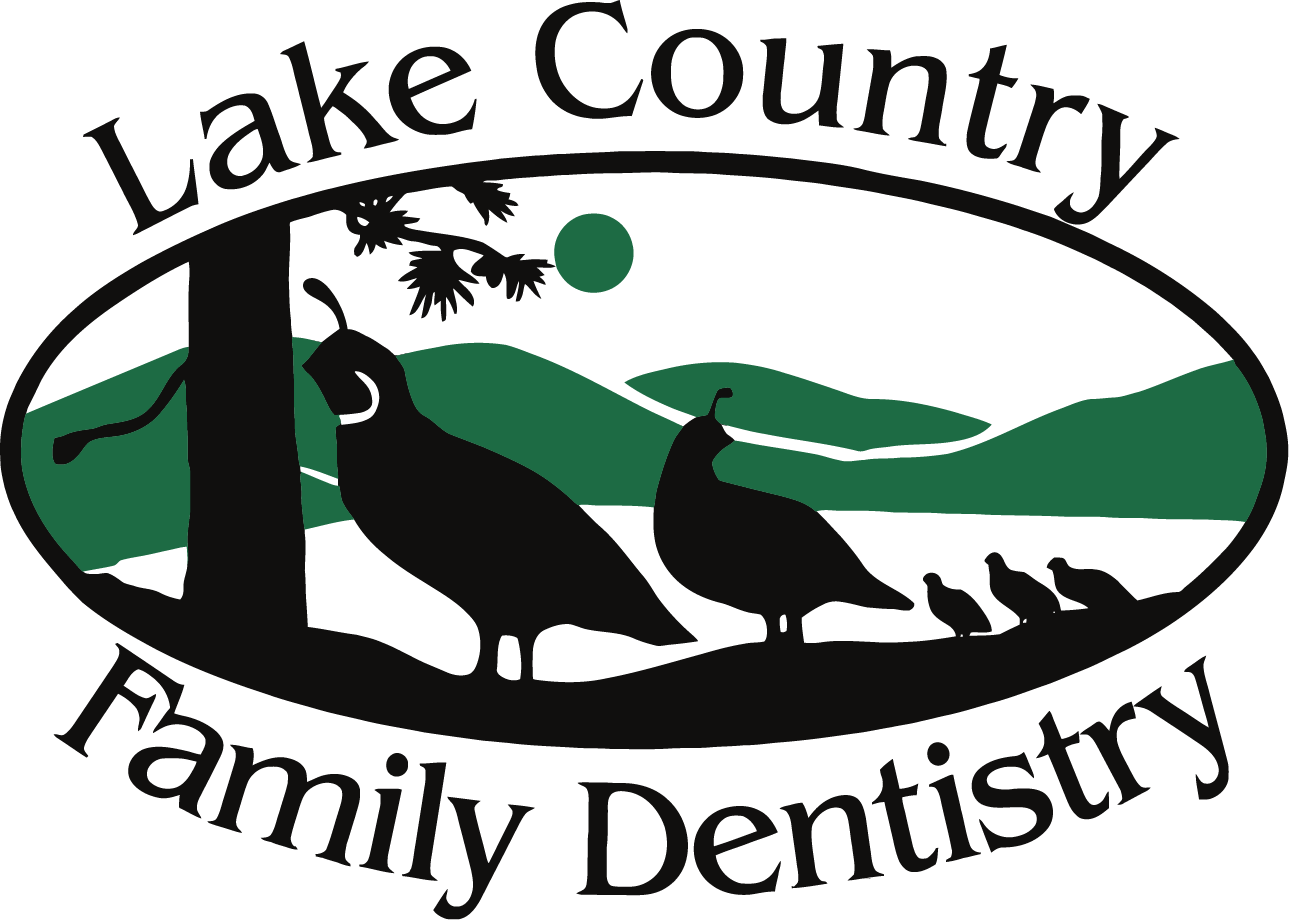Oral Surgery
While every case is different, most oral surgery procedures are completed on an outpatient basis, and patients can resume work and normal activities within a day or two. Your dentist may recommend that you see an oral surgeon because of the complexity of the oral surgery procedure required. If you have questions about a referral to an oral surgeon, speak with us at your next dentist appointment. While every case is different, many of these procedures are completed on an outpatient basis, and patients can resume work and normal activities within a few days. It is also true that many dentists recommend that you see an oral surgeon because in some cases, the surgeon may advise us that there are other, nonsurgical, treatments available. If you are apprehensive about a referral to an oral surgeon, speak with us at your next dentist appointment.
List of Services
-
Root CanalList Item 1
Root canals are widely regarded as the most common type of oral surgery. Millions of patients are treated every year, saving many teeth from extractions and relieved from pain and sensitivity. Although root canals have a reputation for being painful, root canal therapy is typically pain-free and incredibly effective. To understand what a root canal is, underneath a tooth’s enamel is a soft core called dental pulp, which contains blood vessels, nerve endings, and tissue. When a tooth becomes decayed, bacteria enter the tooth and infect the pulp. The infected pulp is what causes pain and occasional swelling. This same infection can also cause pain in your neck and jaw. A dentist can treat this by removing the decayed portion of your tooth and extracting the infected pulp.
-
Dental Implants
Dental implants have changed the way dentistry has evolved over the last 25-years. A dental implant is a replacement for the root of a tooth. They are used to secure crowns to the jawbone using titanium and titanium alloy. These metals are used because they are lightweight and biocompatible – which means they are not rejected by our bodies. Dental implants are used to replace teeth that have been affected by decay, disease, oral cancer, or a number of causes such as smoking, alcoholism, or injury. Dental implants require a procedure to create channels in the jawbone so the implants can be fitted with intimate contact with the jaw. Implants generally require 3-to-6-months for the bone to fuse with the titanium rod before we can place a tooth restoration (a crown or bridge), to complete the process.
-
Wisdom Tooth Extraction
They usually come in between 17 and 25 years old. Many wisdom teeth require extractions due to lack of space, pain, swelling, or other issues. Some wisdom teeth may not need to be removed. Your dentist will do a thorough assessment of your wisdom teeth and provide you with risks, benefits, and options for removal should it be required. A wisdom tooth removal is an outpatient procedure that usually takes between 1-3 days to recover from.
-
Reconstructive
Accidents can happen due to sports injuries, falls, work-related injuries, or any other type of trauma. Should you ever have an accident involving your mouth, book an appointment with us as soon as possible to determine the best course of action.
- Soft tissue injuries include trauma to the skin or gums, such as cuts on the inside of the cheek, lips, or tongue. Soft tissue injuries also include lacerations on the soft or hard palate.
- Fractures relate to the tiny bone tissue in our mouths, and includes reconstruction to the jawbone and teeth. Larger reconstructive surgeries go into the nasal cavities and the forehead, if the facial injuries are severe enough. In some cases, reconstructive surgery utilizes dental implants along with other methods of treatment and mechanics to repair jaw alignments and bone structure.
